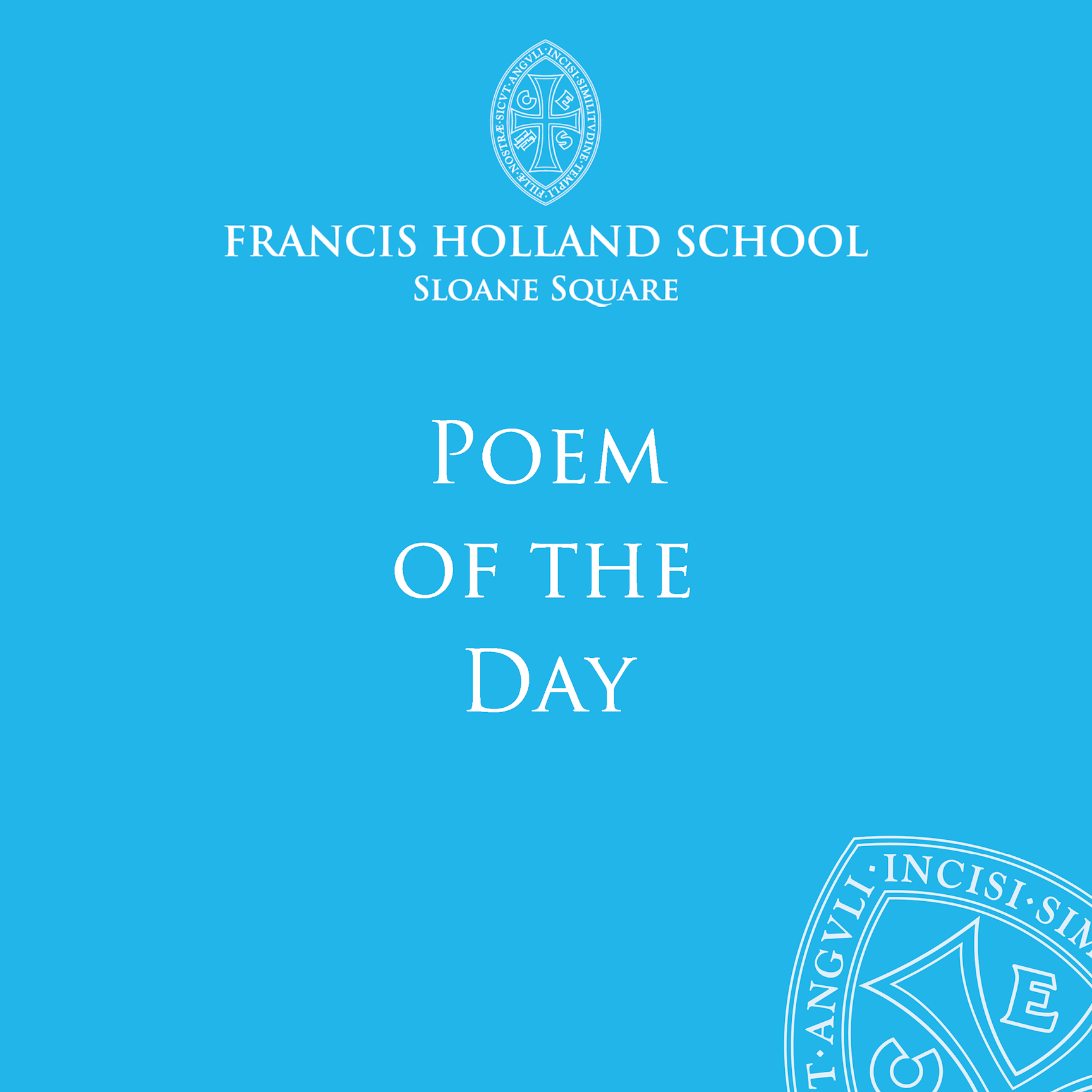Today’s poem is chosen and introduced by our Teacher in English, Ms Geussens.
Today’s Poem of the Day is by one of my favourite poets, Mary Oliver. Last year, the school gifted every leaving Year 13 a copy of her collection A Thousand Mornings. I turn to her work in times of reflection, when we look to see beauty in small things. (Like perhaps our garden, or a Creme Egg.)
The poem is called ‘Breakage’, and describes the poet’s findings during a morning walk by the seaside – Oliver lived in Provincetown, Massachusetts, which is at the very tip of the famously beautiful Cape Cod. ‘Breakage’ means brokenness, but it also suggests the breaking waves of the ocean.
Everything Oliver finds is broken: seashells, mussels, snails. I remember my own trips to the beach as a small child, trying very hard to find the shells that were perfect and whole. That’s not for Oliver; she is much more interested in the cracks in the shells, which allow her to admire the ‘pale pink’, the ambiguous ‘jingle’ she finds inside. The poem is joyful, excited.
Of course, I’m especially taken by her extended simile of the beach as a ‘schoolhouse’. Like the students of a school, its history, or maybe just the words spoken in it, the small details of life mean something by themselves, ‘barnacle-scarred’ or not. Together, we combine into ‘the whole story’, much worth reading.
Breakage
I go down to the edge of the sea.
How everything shines in the morning light!
The cusp of the whelk,
the broken cupboard of the clam,
the opened, blue mussels,
moon snails, pale pink and barnacle scarred
and nothing at all whole or shut, but tattered, split,
dropped by the gulls onto the gray rocks and all the moisture gone.
It’s like a schoolhouse
of little words,
thousands of words.
First you figure out what each one means by itself,
the jingle, the periwinkle, the scallop
full of moonlight.
Then you begin, slowly, to read the whole story.













